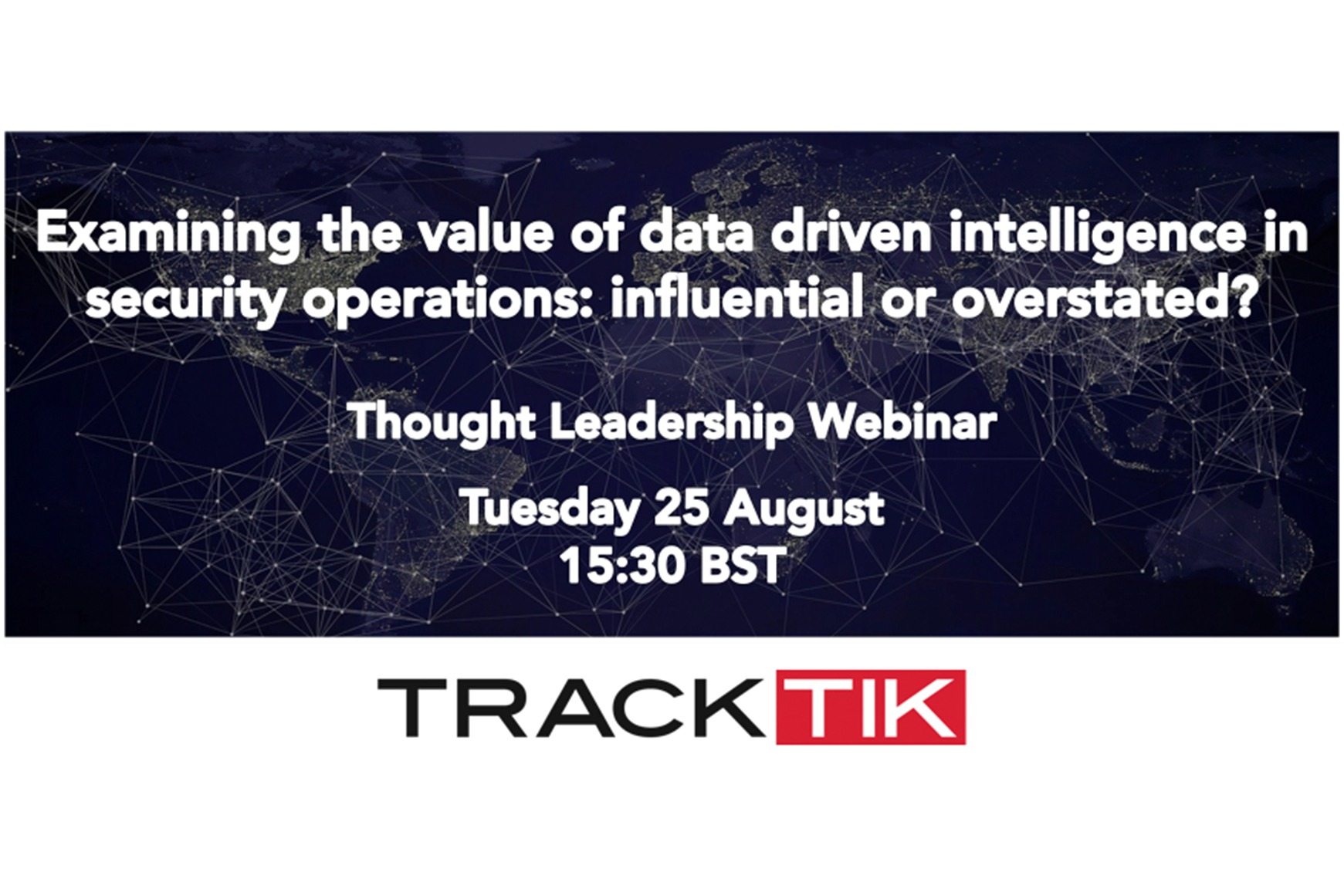Examining the Value of Data Driven Intelligence in Security Operations: Influential or Overstated?
New technologies are offering new capabilities to gather live data in order to gain business and operational agility, as well as to differentiate security service offerings. Yet it requires security practitioners to modernize their operations to seize these new opportunities.

This Perpetuity Research panel, featuring distinguished guests from multiple corners of the physical security industry, sheds light on the many observations of implementing a data strategy in security service companies.Some are up for the challenge, others are not. Yet the potential to transform is enormous. Watch the recording for more on the barriers to overcome, the dangers, the applications, and the benefits.
Panelists:
Moderator: Martin Gill – Director of Perpetuity Research and Consultancy International (UK)
David Chandler – President at CALSAGA, California Association of Licensed Security Agencies, Guards & Associates (US)
Simon Ferragne – CEO / Founder at TrackTik (Canada)
Godfrey Gaston – Director at CSIT, Centre for Secure Information Technologies (UK)
Godfrey Gaston notes that the biggest challenge on this issue is the amount of data and types of information that are available but complicated further by the number of software platforms and systems; the difficulty of extracting information from data; the need to juggle the use of different tools which are constantly changing; and as a consequence the need to continually re-educate users. Moreover, Godfrey considers that it is going to get worse as the world becomes better connected. The future comes from technology being able to be more instrumental in decision making and while the opportunities are great the barriers are not insignificant.
David Chandler’s association represents guarding companies. He feels that part of the problem is that there are a lot of data and many companies are just not skilled in using it to best advantage, and certainly not in maximising the potential for it to impact positively on the frontline. Only the big companies can afford analysts. Yet it has enormous potential to improve the ways personnel are deployed, but technology costs money and clients are not always prepared to pay. David makes some interesting observations about the roles of robots. In short, they have been engaged on the front line in response to the virus by, for example, checking temperatures, but many of the industry are scared of change. In discussion some of the audience feel that frontline officers need to be provided with ready to use data to minimise the pressure on them. David notes that the minimum requirements for workers is very low and that does not help.
Simon Ferragne promotes the benefits of frontline officers being connected; connecting with sensors so they get more information more immediately. While there are enormous opportunities there are big challenges too. Simon makes the point that by transforming its service to one that is more integrated and more expert the guarding sector has the potential to move away from being seen as a commodity service. You will hear Simon discussing the possibilities – of robots and drones specifically – but more generally as data are seen as more than a nice to have but an essential component of a credible service. New analyst roles are emerging but also more and better provision of information in forms that are easily usable.
Event Details
RECORDED WEBINAR
August 25, 2020